Emotion Regulation skills are used for the day-to-day experiences with the environment, our interpretations of the events, our reaction to emotions, …
Continue Reading about What Does it Mean to Regulate Your Emotions? →
Dialectical Behavior Therapy (DBT)
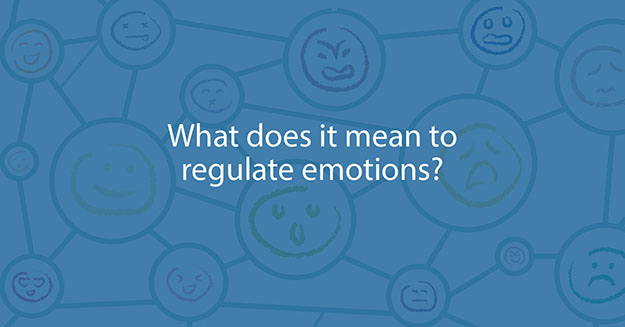
by Kim Sullivan, MFT on
Emotion Regulation skills are used for the day-to-day experiences with the environment, our interpretations of the events, our reaction to emotions, …
Continue Reading about What Does it Mean to Regulate Your Emotions? →
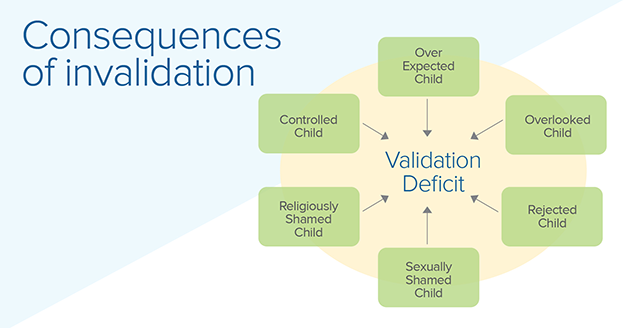
by Kim Sullivan, MFT on
Invalidation is at the root of borderline personality disorder (and other personality disorders). People raised in invalidating environments -- …
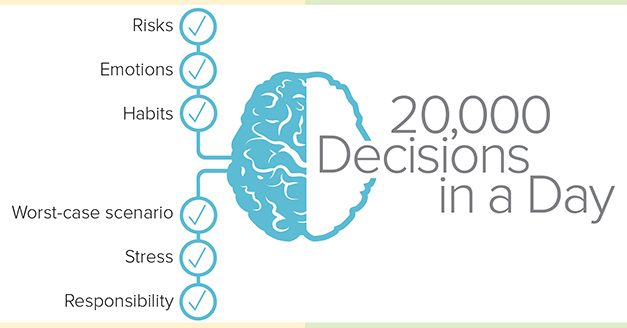
by Kim Sullivan, MFT on
We make 20,000 decisions in a day. What is the process in making decisions? As it turns out, human beings are not always rational when making choices. …
Continue Reading about You make 20,000 decisions in a day. How? →
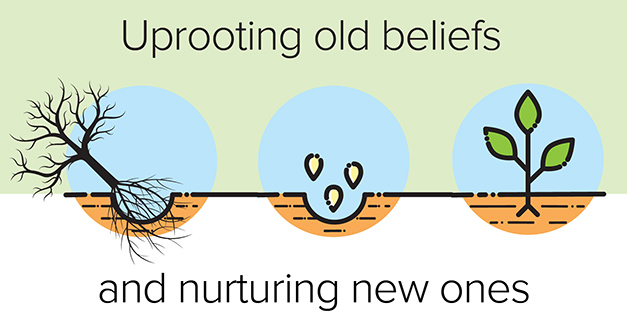
by Kim Sullivan, MFT on
"The way things are," to take a quote from "Babe," embodies the concept that we accept as truth our early experiences (and conclusions drawn from …
Continue Reading about What If That Old Belief Is Bringing Me Down? →

by Kim Sullivan, MFT on
The thoughts in our heads may not be true. However, we accept them as the truth. If they are negative and hurtful, there is no reason to keep them …
Continue Reading about Tools to Help You Rewrite the Script →
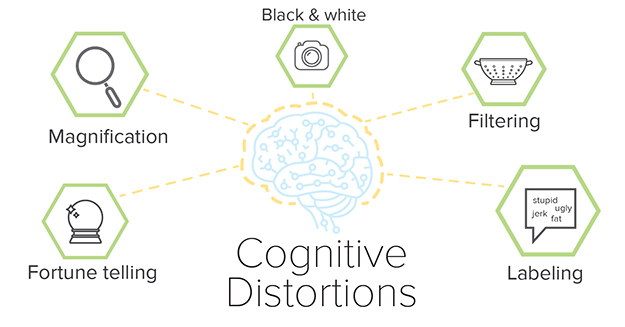
by Kim Sullivan, MFT on
Cognitive distortions, as the name implies, occur when we change or twist information from the environment to correlate with our current belief. This …
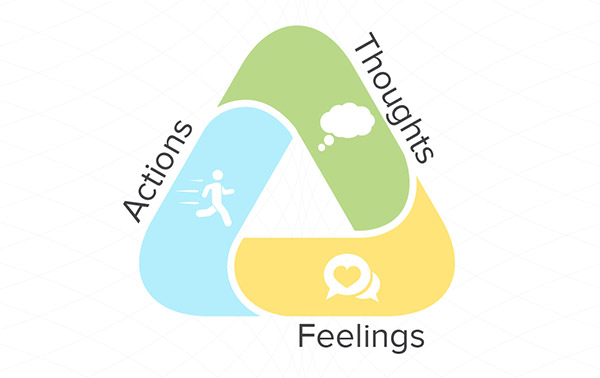
by Kim Sullivan, MFT on
Emotional regulation is a broad topic. However, there is a simple way of conceptualizing the concept. Thoughts, feelings, and behaviors all influence …
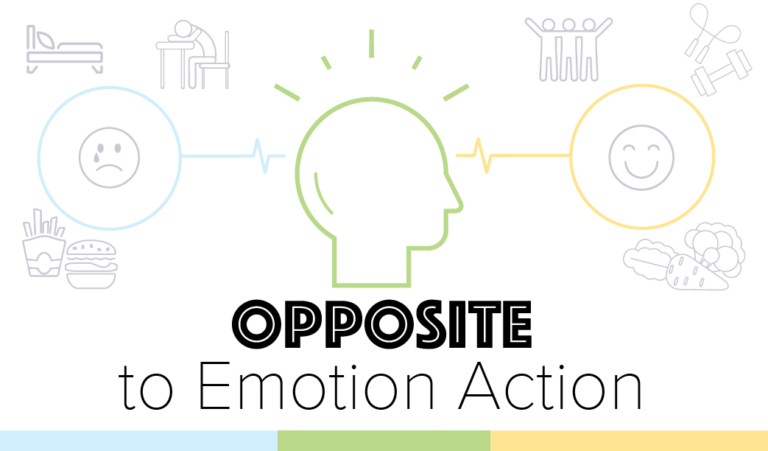
by Kim Sullivan, MFT on
It may be possible to change negative emotions to positive emotions by doing the opposite of what you feel like doing. This skill is called "Opposite …

by Kim Sullivan, MFT on
Some people choose to set New Year's Resolutions for the upcoming year. My advice on the matter is to set goals -- both long-term and short-term -- …
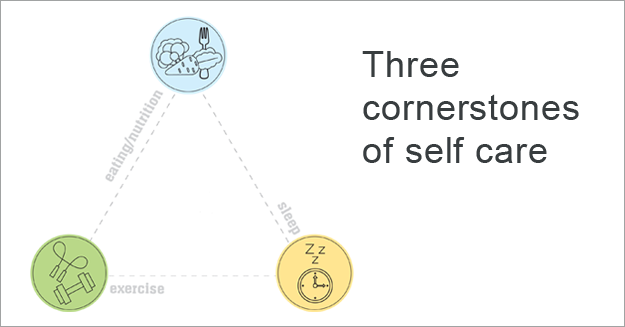
by Kim Sullivan, MFT on
The PLEASE Master skill seems like common sense, and it is. After all, someone probably started teaching you about healthy behaviors before you were 5 …